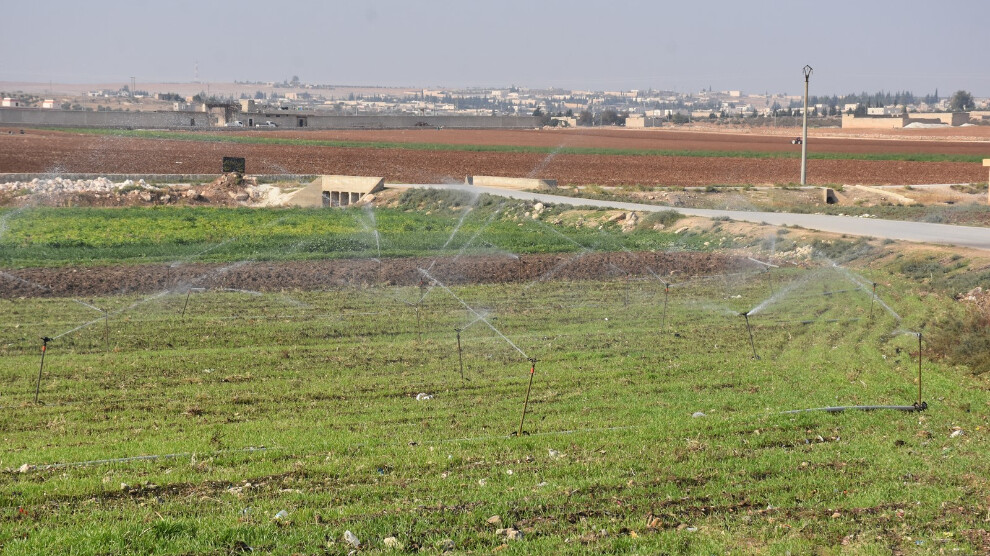People in Shehba struggle against embargo imposed by Damascus
The embargo imposed by the government of Damascus on Shehba is making life of people of that region very difficult.
The embargo imposed by the government of Damascus on Shehba is making life of people of that region very difficult.

In Shehba, where wheat, barley, onion and potatoes are produced, farmers cannot work and the people, who have been under the heavy embargo imposed by the Damascus government for three years, continue their resistance despite all difficulties.
The government of Damascus, which does not allow anything from basic food items to heating and shelter needs to reach Shehba, does not allow even the necessary medicines, seeds and diesel for agricultural production to reach the region. The farmers in Shehba, who keep the economy of the city alive, said that has become impossible for them to continue agricultural production.
Speaking on the subject to ANHA, a farmer named Mihemed Betal said that agricultural production is falling every year. Drawing attention to the embargo imposed by the Damascus government, Betal stated that basic agricultural needs such as seeds and fertilizers are not allowed to reach Shehba, and that diesel prices are also very high, so they cannot irrigate their fields unless it rains.
Unemployment increasing because of the embargo
Agricultural Engineer Nisrin Mihemed said that they have difficulties in the implementation of agricultural projects in the region. “The embargo made the lives of the people very difficult. Unemployment is increasing. People cannot find jobs because there is no agricultural production. Every year we provided seed and fertilizer support to farmers. However, this year we could not provide any support.”
Stating that livestock breeding was affected by the embargo along with agriculture, Nisrin said: “Since wheat farming is decreasing, straw that animals can consume cannot be obtained and pastures are not enough for animals."
Nisrin called for the lifting of the Damascus government's embargo and asked the international public to take responsibility and act.